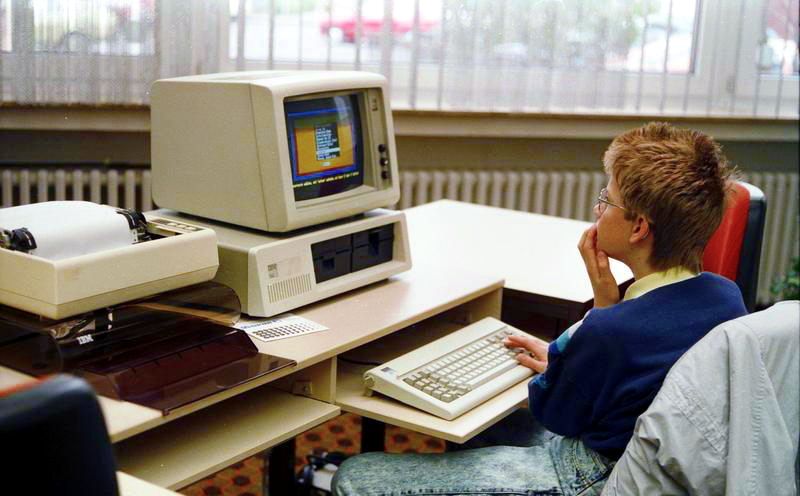Asimov on mass surveillance

The famed science fiction writer Isaac Asimov wasn't impressed by George Orwell's 1984. He considered Orwell's dystopian vision unrealistic, and therefore unfrightening. He suggested a way to make it plausible, but dismissed that, too. He shouldn't have. The part that makes it plausible is happening today.
Asimov's review of 1984 was published in The New Yorker magazine. It makes a compelling case that Orwell was no sci-fi virtuouso: "Orwell had no feel for the future, and the displacement of the story is much more geographical than temporal." Specifically, Asimov observes that the world depicted in 1984 is hardly different from the Soviet Union that existed when Orwell published the book in 1949. Ultimately, says Asimov, Orwell offered little imagination.
Asimov grants one concession , and not for long. "The great Orwellian contribution to future technology is that the television set is two-way, and that the people who are forced to hear and see the television screen can themselves be heard and seen at all times..." But Asimov saw absurdity in this premise. "This is an extraordinarily inefficient system of keeping everyone under control. To have a person being watched at all times means that some other person must be doing the watching at all times ... Consequently, the system of oppression by two-way television simply will not work." With that, Asimov cripples the most fearsome aspect of Orwell's grim future.
But Asimov, apparently not content with a single plot twist, then breathes new life into it. Here he observes what is significant to modern readers: "Orwell was unable to conceive of computers or robots, or he would have placed everyone under non-human surveillance." Hold there, sir! Do you speak of digital surveillance of the mass variety? That is the plausible threat? That is happening today, now, here!
It's true. We have solved Big Brother's efficiency problem by recording everything. We don't need humans (or artificial intelligence) monitoring each moment. We can revisit anything, at any time. All we need for this is lots of storage. And storage is cheap. The US federal government's Utah Data Center alone is estimated to be capable of storing 50 years worth of recorded American phone calls (Forbes).
Yet Asimov casually dismissed the threat of electronic mass surveillance, "except in fevered imaginations." His explanation is feeble. "Computers and tyranny do not necessarily go hand in hand," he says. But we have since learned that tyrants make special use of their computers as tools of oppression. Computerization does not equal tyranny, but tyrants sure like their computers.
Ironically, Asimov also worried that someday "we will be defending ourselves against assaults from the wrong direction and we will lose [against tyranny]." This seems the wiser counsel. Sorry, Isaac, but it doesn't take great imagination to see that mass surveillance is a danger we should be standing in front of.
